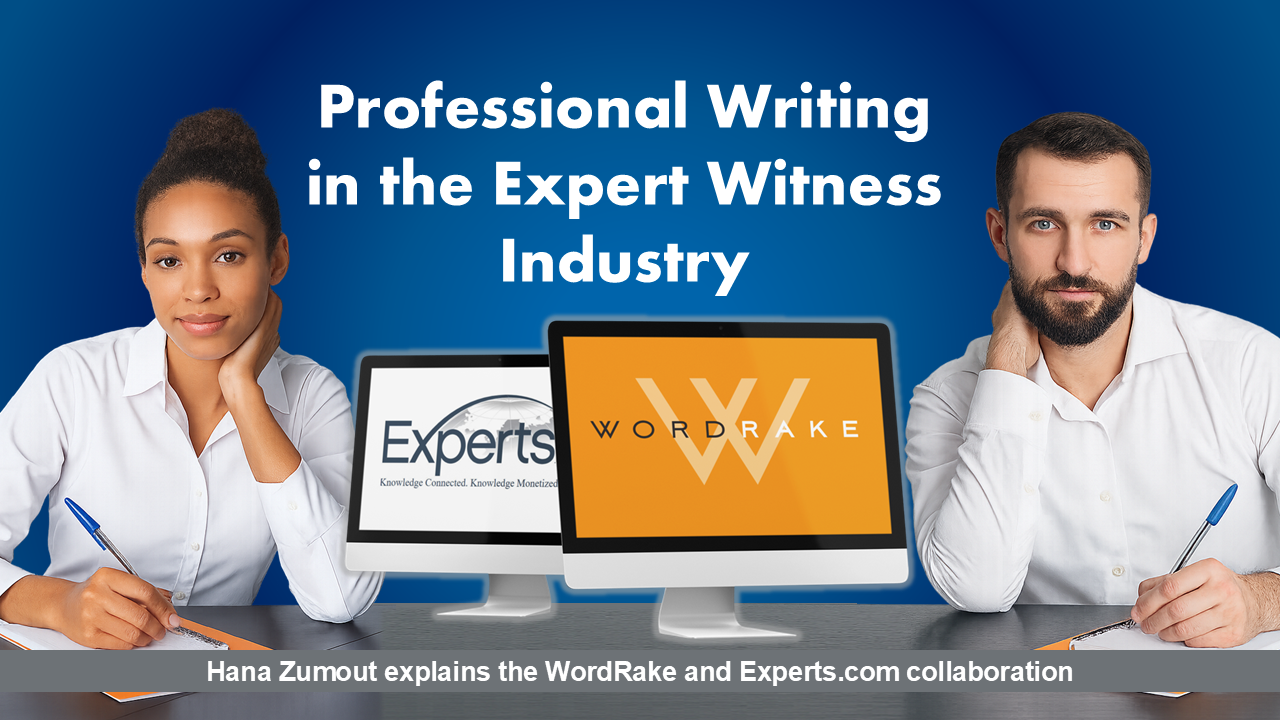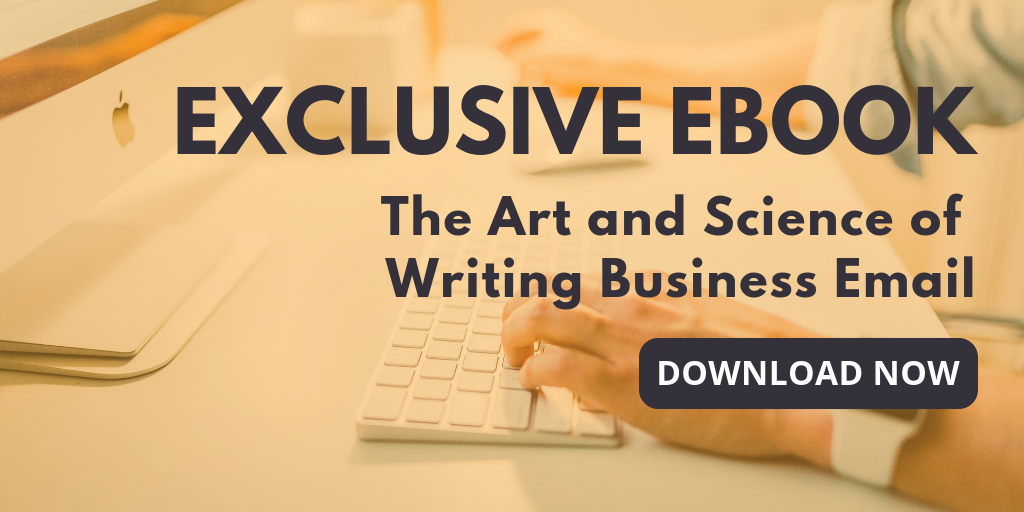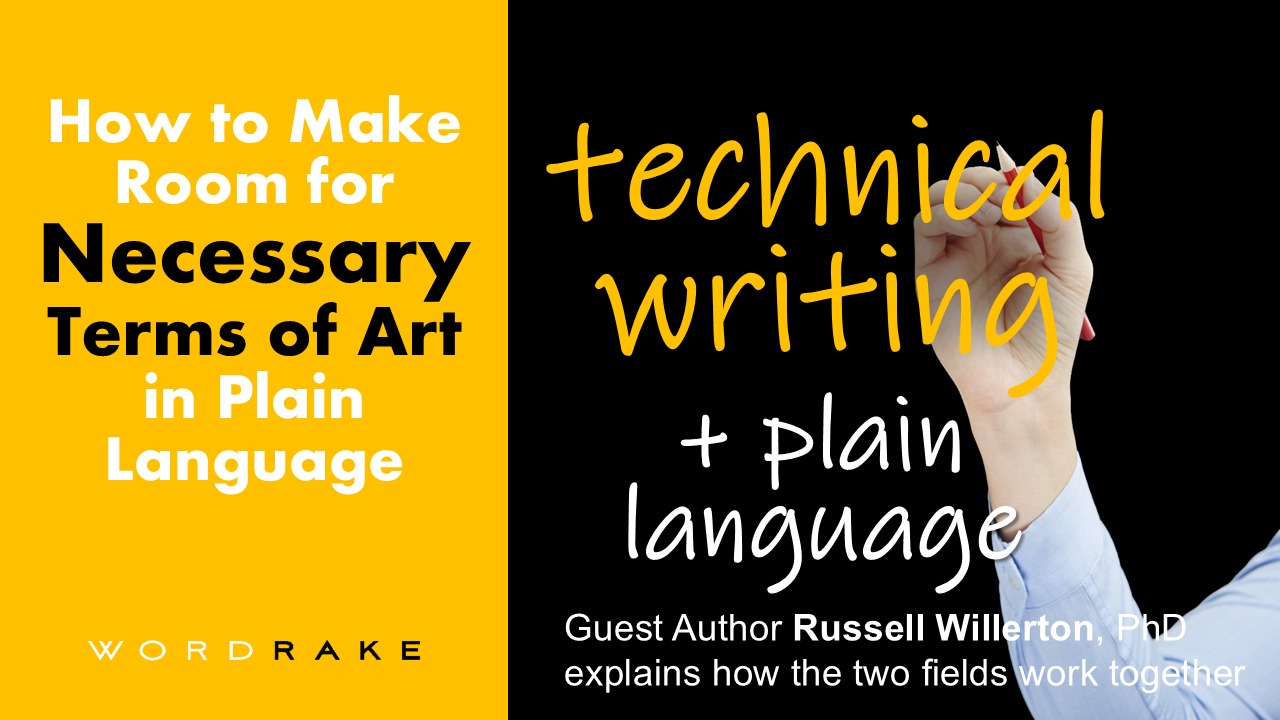Everybody writes. Whether it’s an email, novel, brief, memorandum, report, or a social media post, we all put words to paper daily.
In the legal industry, writing is arguably the main form of communication. In civil and criminal cases, drafting, editing, and submitting documents are important for crafting arguments, providing sound legal advice, and representing the client well. But writing is not limited to lawyers, attorneys, law clerks, paralegals, and junior associates. There is another legal player whose writing plays a pivotal role: the expert witness.
Since lawyers and experts both rely heavily on the reputation for good writing, a collaboration between WordRake and Experts.com is ideal.
What is an Expert Witness?
Many witnesses contribute to a case, but not all witnesses are expert witnesses. While a fact witness contributes to what we know about a case, an expert witness helps us understand the meaning and value of that information. In an article I wrote in my previous role with Experts.com, an online expert witness marketing platform, I explain an expert witness’ role, why it is necessary in law, and how anyone can become one.
To clarify: A fact witness is a layperson who shares what they experienced directly. An example would be an eyewitness to a car crash or robbery. This article focuses on expert witnesses, as they have rules and standards to follow.
One of the most famous pop culture examples of an expert witness is Marisa Tomei’s character in My Cousin Vinny, Mona Lisa Vito, who was the automotive expert witness during the testimony scene and her experience stems from working in her father’s garage for years.
Who qualifies as an Expert Witness?
Attorneys hire subject matter experts to speak objectively on the facts of the case, draw conclusions, and explain their reasoning.
Federal Rule 702 states, “[i]f scientific, technical, or other specialized knowledge will assist the trier of fact to understand the evidence or to determine a fact in issue, a witness qualified as an expert by knowledge, skill, experience, training, or education, may testify thereto in the form of an opinion or otherwise.” The rule prohibits admitting inappropriate testimony into court because it could improperly influence juries. Expert witness testimony must be unbiased, based on the facts, and ideally written and spoken in laymen’s terms.
The validity, reliability, and relevance of expert witness testimony is determined by the Daubert Standard. This framework gives trial judges the power to scrutinize the method and principles underlying the expert testimony. Federal courts use the Daubert Standard while some state courts use the original Frye Standard. Courts use these five factors to prove validity through the Daubert Standard:
- Whether the technique in question can be and has been tested.
- Whether it has been subjected to publication and peer review.
- Its known or potential error rate.
- The existence and maintenance of standards controlling its operation.
- Whether it has attracted widespread acceptance within a relevant scientific community.
How to Find an Expert Witness
Complex litigation varies greatly so law firms will need different experts with different backgrounds for different cases. It’s unlikely that a firm will have a list of accident investigation and reconstruction, behavioral analysis, computer and digital forensics, earthquake insurance, fraud, golf course operations, intellectual property, livestock, police procedure, real estate, and toxicology experts at the ready. And selecting the right expert is far too important to rely on a basic internet search!
To find experts, many firms will turn to services like Experts.com. To assess their quality, firms will review the expert’s credentials, case studies, reports, and other written documentation. Unsurprisingly, law firms will initially judge experts on the same criteria they judge themselves: writing quality.
Professional Writing in the Expert Witness Industry
Attorneys hire expert witnesses to opine on the facts of the case based on industry experience. Because of their special responsibility, state and federal courts require attorneys to submit documents that support their expert witness’s testimony. The expert witness report and the affidavit are the two best known written documents. Supplemental papers include a CV, case list, and any existing publications. Here's how these documents differ:
- Expert Witness Report: An expansive, written document presenting the analysis, conclusions, and professional opinions of key details in a case. It is the most well-known document to come from expert witnesses and is the foundation for their testimony. The report is a core piece of evidence that helps the court understand industry-specific issues.
- Expert Witness Affidavit: A shorter sworn written document. This affidavit can support specific motions or be filed at the beginning of litigation to lay the foundation for the case.
- CV: A comprehensive list detailing work experience, achievements, publications, and education.
- Case List: Federal Rule of Civil Procedure 26(a)(2)(b) requires expert witnesses to disclose to the court all testimony from the preceding four years.
- Publications: Examples include books, articles, and other published content.
Outside of litigation, expert witnesses will share their insight and work with social media followers, email subscribers, and website visitors. But publicity may bring unintended consequences. Anything a testifying expert writes, ranging from the report to marketing materials, is discoverable and can be used against them in court. Since opposing counsel will seek any opportunity to discredit an expert witness, witnesses should be mindful of how anything they share online or with the court may appear out of context.
Balancing Depth, Complexity, and Readability
Expert witnesses often struggle to balance showing the depth of their specialized knowledge with explaining how that knowledge applies to the case in a way that fact-finders can understand. But expert witnesses must find a way to do so while avoiding jargon. Presenting industry-specific information to a jury requires careful and digestible word and style choices. The more complex the case, the more complex the concepts will be, but the writing should not become more complex. Because expert witness's documents can influence case outcome, document quality and clarity is never negotiable.
When I worked for Experts.com, I advised expert witnesses to speak their audience’s language when they testified. While judges might understand technical terms, juries won’t. A confused fact-finder is unlikely to be a convinced fact-finder. So make your testimony persuasive by translating your concepts to plain language. Clarity matters for written and spoken work.
How Expert Witness Writing Impacts Attorneys and Clients
Intellectually, it’s easy to say expert witness writing matters. But negative real-life outcomes show how serious sloppy testimony can be. Jargon-filled, hallucination-ridden, and false testimonies ruin reputations, setback law firms, and harm clients.
Let’s look at the real-life implications of faulty expert witnesses and inadequate writing:
- In May 2025, a federal judge ordered Anthropic, an artificial intelligence company, to respond to allegations regarding a submitted hallucination-filled expert court filing. Concord Music Group Inc v. Anthropic PBC is a copyright lawsuit where Anthropic is allegedly misusing Concord’s lyrics to its Claude chatbot. The expert’s filing included a nonexistent article to strengthen the argument that Claude reproducing copyrighted song lyrics is a “rare event.” (Anthropic Reuters)
- In November 2024, testimony from a misinformation expert witness and Stanford Communications professor, Jeffrey T. Hancock, was thrown out of court. The case revolved around Minnesota’s ban on GenAI election deepfakes. He ironically used ChatGPT-4o to draft his expert filing and did not check for hallucinations and fake citations. The judge banned the Minnesota Attorney General from submitting revised testimony from Hancock. (Forbes)
- In October 2024, a judge scolded an expert witness for using Microsoft CoPilot to support his testimony. Charles Ranson was hired to testify in a real estate dispute case about a $485,000 rental property in the Bahamas. He used the AI chatbot to create a damages assessment on the plaintiff’s behalf. In court, Ranson could not recall the prompts he used, how CoPilot worked, or a valid citation. (Ars Technica)
Expert witnesses must be competent, knowledgeable, objective, and truthful in their conclusions. The experts in the examples above didn't meet those standards. Though it may be tempting to quickly generate the text of a report, hallucinations put the attorneys, law firms, and clients that hire them at risk. An unreliable report or affidavit can destroy a case—and the expert’s reputation (like it would for lawyers). No expert wants to learn that their work was why a case unraveled.
Experts.com – WordRake Collaboration: Why It Makes Sense
As the previous Digital Marketing Strategist for Experts.com and new Senior Marketing Specialist for WordRake, I’m excited about this collaboration because I see expert witnesses as an oft-overlooked segment of legal writers. The existing research on expert witness writing and its impact is insufficient. Our collaboration with Experts.com will help educate readers about the expert witness industry directly from actively-practicing, highly qualified professionals, and how writing and editing play a role in expert witness documents. This collaboration is a great way to show the value of expert witnesses and give lawyers insight into the expert witness process, how they reach their conclusions, and the rules they must follow for correct, clear, and concise documents.
A Message from Experts.com
We are incredibly excited about our innovative collaboration with WordRake, offering a powerful tool that adds tremendous value to expert witness report writing. In most litigation cases, which settle before trial, the expert witness report and deposition are pivotal.
New expert witnesses often enter the field unfamiliar with its requirements. They start doing their research about what it means to be an expert witness and what is required of them. In short order, they learn they’ll have to write an expert witness report. Through guidance from retaining counsel, online research, tools like ChatGPT, or Experts.com’s monthly meetings, they quickly learn that drafting an expert witness report is a core responsibility.
Yet, one critical area often overlooked is how to improve expert witness writing. While attorneys may guide experts on what to include (or exclude) in a report, less attention is paid to crafting clear, concise, and powerful content. This is where effective writing becomes essential. Clear communication of an expert’s findings can lead to stronger reports, faster case settlements, fewer vulnerabilities during cross-examination, reduced risks of impeachment, and, ultimately, prompt payment and word-of-mouth recommendations.
Traditional expert witness services often rely on costly intermediaries, inflating litigation expenses. Experts.com eliminates these middlemen, enabling attorneys and law firms to connect directly with experts through user-friendly profiles. For time-pressed legal professionals, Experts.com provides an Assisted Search service for a flat fee, streamlining the process. Once matched, attorneys and experts communicate and negotiate directly, free from third-party interference, ensuring efficiency and cost-effectiveness. Our collaboration with WordRake to elevate expert witness writing and transform the quality of legal support is a natural extension of our efforts to increase the value we offer experts and attorneys in litigation.
Conclusion
As two companies in the legal industry, Experts.com and WordRake respect the due diligence attorneys, law firms, law clerks, paralegals, junior associates, and expert witnesses pursue in their profession. Expert witness marketing and editing for plain language in professional writing work together. These practices extend to anyone in any profession. Our goal is to connect the broader legal community to expert witnesses through interviews detailing their experiences, thoughts on writing, and how writing impacts them in court.
About the Author
Hana Zumout, M.S. is the Senior Marketing Specialist at WordRake. Of her six years as a digital marketer, five and counting have been spent in the legal industry. Hana uses her Digital Audience Strategy background to create compelling, strategic, relevant, and data-based campaigns to give audiences what they're looking for. Connect with Hana on LinkedIn.









